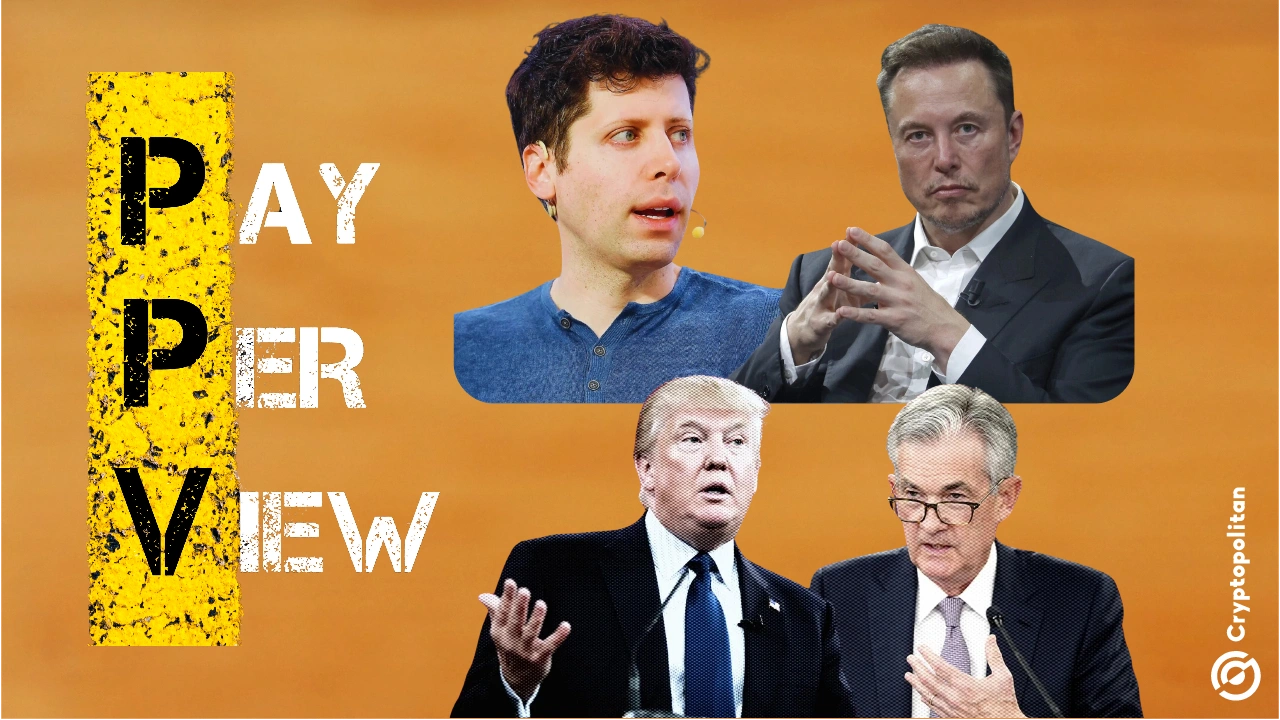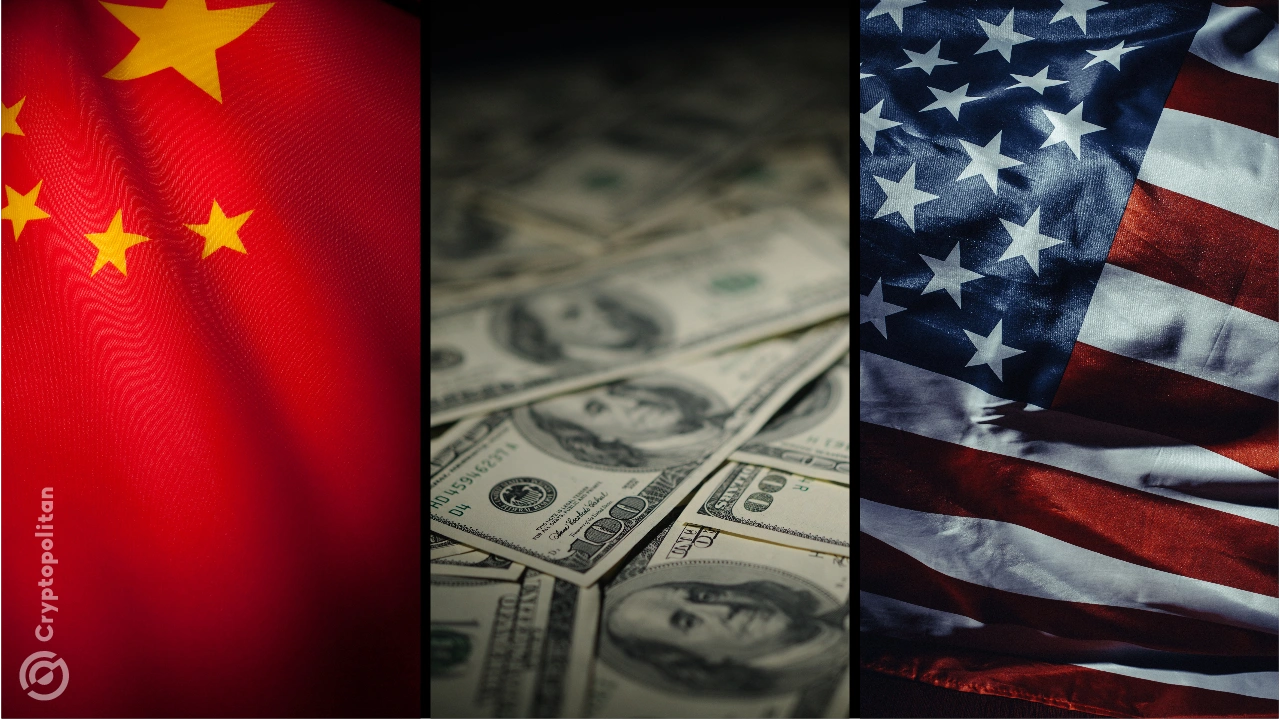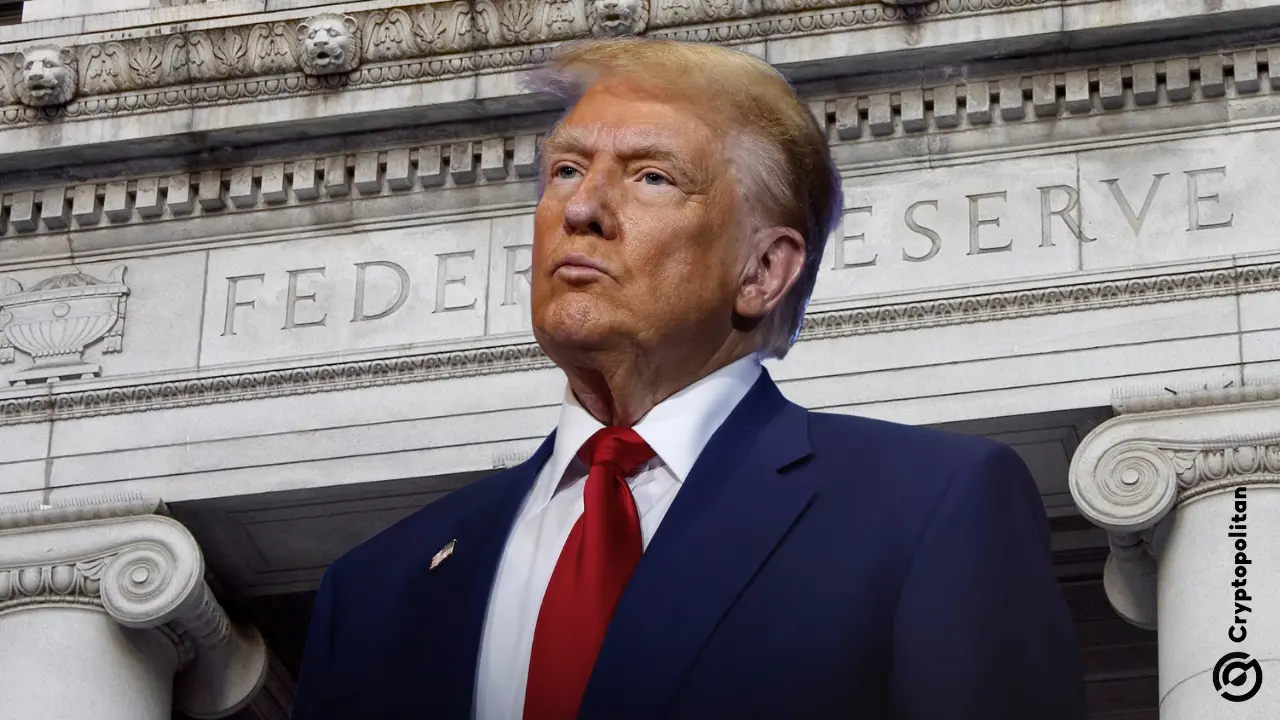Two brutal battles are set to define next year. One threatens to rip apart the foundations of the global economy. The other could rewrite the future of artificial intelligence.
On one front: Donald Trump, the president-elect, ready to bulldoze Jerome Powell and the Federal Reserve over interest rates. On the other: Elon Musk and Sam Altman, two former allies turned enemies, locked in a war over OpenAI, xAI, and control of the AI industry.
Trump’s beef with Powell
Trump and Powell’s first round wasn’t pretty. During his first term, Trump blasted the Fed and Powell for not slashing interest rates fast enough, calling them “boneheads” and the “enemy.” He even floated the idea of firing Powell and tried stacking the Fed board with loyalists who would do his bidding.
It didn’t work. Powell held his ground, and rates didn’t plunge to the zero levels Trump demanded. Now, Trump’s back, and so is the fight. During his campaign, Trump promised “interest rate cuts the likes of which you have never seen before.”
That’s great for voters drowning in expensive mortgages and credit card debt. But it’s bad news for Powell, who has spent years trying to wrestle inflation under control. The Fed raised interest rates aggressively in 2022 and 2023, trying to cool off runaway inflation. Borrowing costs soared, and the economy slowed.
But inflation is still higher than Powell wants. Rates currently sit at 4.6%, and the Fed plans to lower them slowly, hitting 3.4% by the end of 2025. That’s nowhere near the near-zero rates Trump wants.
The economic situation complicates everything. Growth is strong. Jobs are stable. But inflation still lingers. Trump’s economic plans could make things worse.
He wants to slap new tariffs on trade partners and deport immigrants, moves that could drive up prices and tighten the labor market. Higher tariffs mean higher costs for businesses and consumers. Fewer workers mean rising wages, which fuels inflation.
Trump doesn’t care about economic nuance. He wants results. He promised voters cheaper borrowing costs, and he’ll hammer Powell until he gets them. If Powell refuses, Trump could try to fire Powell or appoint a Fed board loyal enough to outvote him. The Fed’s independence is on thin ice.
December could be the first battlefield. The Fed is expected to cut rates again any second now and release its economic forecasts. Those projections will likely show slower cuts, exactly the opposite of what Trump wants. If the cuts aren’t deep enough, Trump’s frustration will spill out publicly — just like last time.
Remember 2019? Trump was attacking the Fed even as it was lowering rates. “Would be sooo great if the Fed would further lower interest rates,” he posted on X. A few months later: “Rates down to ZERO, or less.”
Elon v. Altman: a war for AI’s future
On the other side of the chaos: Elon Musk and Sam Altman. Two men who once co-founded OpenAI now stand as bitter rivals. Elon accuses Altman of turning OpenAI into a profit-driven sellout. Altman and OpenAI fire back, pointing out Elon pushed for a similar structure before he left in 2017.
The lawsuit is just the beginning. Elon filed it earlier this year, claiming OpenAI betrayed its nonprofit mission by partnering with Microsoft. He calls it “deceit of Shakespearean proportions” and nicknamed Altman “Swindly Sam.”
OpenAI’s response? Elon is a hypocrite who should “compete in the marketplace rather than the courtroom.”
Elon’s xAI is gunning for OpenAI’s crown. Grok-2, xAI’s chatbot, launched in August and is already competing with OpenAI’s ChatGPT, Google’s Gemini, and Meta’s Llama. Grok-2 isn’t far behind. Elon’s companies give him an edge.
Tesla cars collect real-world data. Starlink satellites gather global imagery. X offers endless streams of user interactions. “They have probably the largest proprietary data set anywhere,” said someone who knows Elon and Altman’s operations.
OpenAI remains the frontrunner, but Elon is relentless. His AI ambitions are intertwined with his influence in Washington. Trump’s return complicates OpenAI’s strategy. Elon has positioned himself as Trump’s confidant, and OpenAI executives are preparing for the worst.
Chris Lehane, OpenAI’s policy chief, said the company is focused on proving its value to the U.S. “This administration talked over the campaign and since about the imperative of U.S.-led AI prevailing,” Lehane said.
Altman is playing defense. He donated $1 million to Trump’s inaugural fund, a move to shore up goodwill. Meanwhile, Elon’s critics worry about his influence. Reid Hoffman, a former OpenAI board member, said Elon could use his political connections to “privilege one company over others.”
Hoffman warned this would be destructive. “It’s destructive for the industry, it’s destructive for American society.” Elon doesn’t need political favors to threaten OpenAI though. xAI’s rapid progress is enough. Grok-2’s success proves Elon is serious about AI, and his resources give him momentum.
OpenAI, meanwhile, is restructuring to attract outside investment and keep its lead. That restructuring is at the heart of Elon’s lawsuit. He argues it betrays OpenAI’s original mission. OpenAI says it’s necessary to stay competitive. The two sides aren’t budging.
A Step-By-Step System To Launching Your Web3 Career and Landing High-Paying Crypto Jobs in 90 Days.





